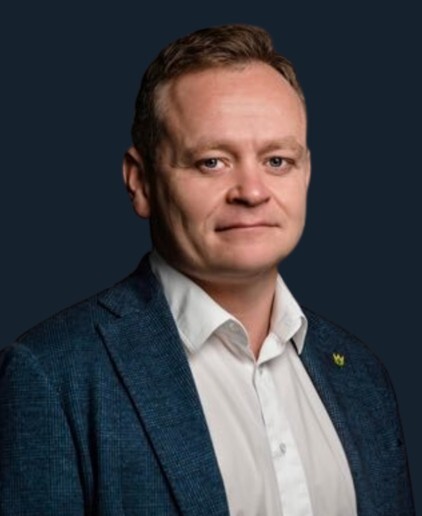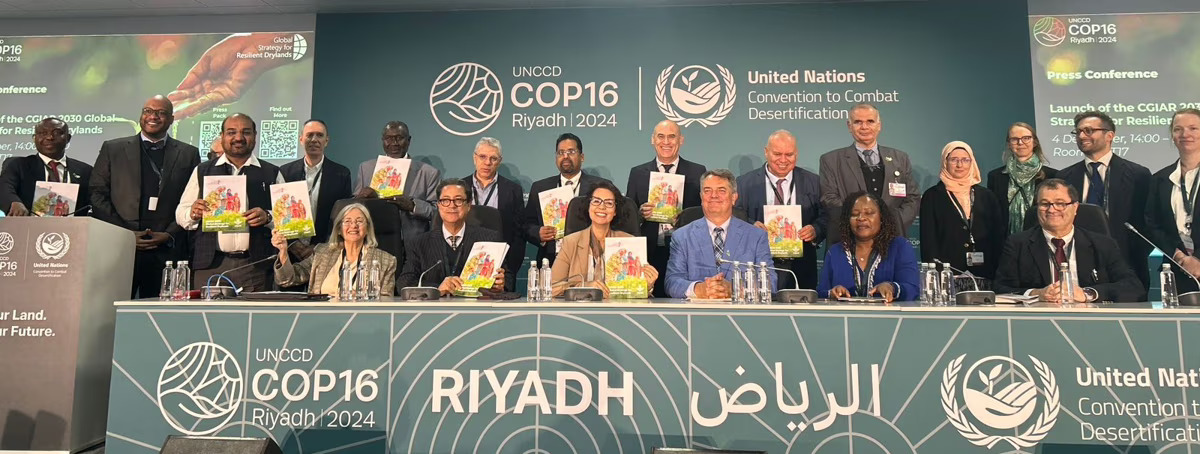



OpEd: Why Ukrainian farmers should start engaging with EU policies now
Ukrainian agriculture is looking for a seat at the table
As Ukraine moves closer to the European Union, but its agricultural sector is still left out of key conversations about the future of European agricultural policy, and Ukrainian farmers are not yet fully part in these conversations.
After a series of meetings in Brussels with representatives of the European Parliament and the EU Commission, including the European Parliament's Committee on Agriculture and Rural Development, the European Economic and Social Committee of the European Commission, and leading farmers' associations of Italy and France, we saw this gap with our own firsthand.
A seat at the table that’s still empty
Many in the EU know Ukraine as the “breadbasket” of Europe. But this image is often reduced to simplistic—and sometimes damaging—assumptions: that most Ukrainian agricultural land is controlled by oligarchs, that Ukrainian products are flooding the EU market, and that post-war Ukraine will become a subsidy magnet under the Common Agricultural Policy (CAP).
What they don’t know is that Ukraine’s agricultural sector is diverse. That medium-sized and family businesses are the backbone of agriculture in Ukraine, accounting for about 80% of agricultural enterprises, and only about 20% of all agricultural producers are companies with more than 10 thousand hectares of land under cultivation. That tens of thousands of farms are working in extremely difficult conditions of war, when Shaheds and missiles fly into their farms, and fields are often mined just before sowing. And that the most of Ukrainian farmers care more about predictable regulation than subsidies.
This lack of knowledge creates fertile ground for political narratives that pit EU farmers against Ukraine. With a shrinking CAP budget, European farmers are understandably anxious. It’s easier to blame Ukraine, the war, or Brussels than to face the deeper structural issues—rising costs, volatile markets, and unclear global positioning as the U.S. revises its trade and subsidy strategies.
What we heard in Brussels
In our recent meetings with policy experts and farmers’ association, we were told outright: “If Ukraine enters the EU, what’s left for us in the CAP?” At first, it felt like a confrontation. But once we began to explain that Ukrainian farmers are more focused on regulatory access than on taking a slice of the CAP pie, the conversation shifted. Some Italian farmers, we learned, would even prefer export opportunities to direct subsidies. The assumption that CAP is the only game in town began to crack.
Similarly, in our conversation with French colleagues, concerns were more product-specific: poultry, sugar, and certain grains were flagged as sensitive imports. But again, dialogue made a difference. Once it became clear that Ukrainian producers were not looking for shortcuts, but rather fair treatment under EU rules, the tone softened.
Why we must act now
Engagement with EU policies cannot wait for accession. Ukrainian farmers must start now:
- To explain who we are: not oligarchs, but independent producers.
- To show what we need: not handouts, but clarity and fairness.
- To find common ground: because EU farmers also feel left behind—by markets, by policies, by geopolitics.
The CAP is under pressure and will inevitably change. If Ukraine isn’t part of that debate now, we risk being locked out of decisions that shape our future for decades.
Farmer-to-Farmer: From competing narratives to shared interests
This is why farmer-to-farmer dialogue is so powerful. It cuts through bureaucracy and propaganda. It makes it harder for either side to be reduced to a threat or stereotype. It opens space for alliances—not just to defend national interests, but to push for a smarter, more future-ready CAP that works for all.
We need more of these conversations. At the Ukraine Recovery Conference in Rome this July, we should not just be talking to governments and donors. We should be talking to each other—farmers, cooperatives, processors—because in the end, it’s our livelihoods that are on the line.
The war in Ukraine changed many things. But it also revealed that food is geopolitical, farmers are strategic actors, and dialogue—not division—is our best tool for navigating the future.
More information is on our website.


